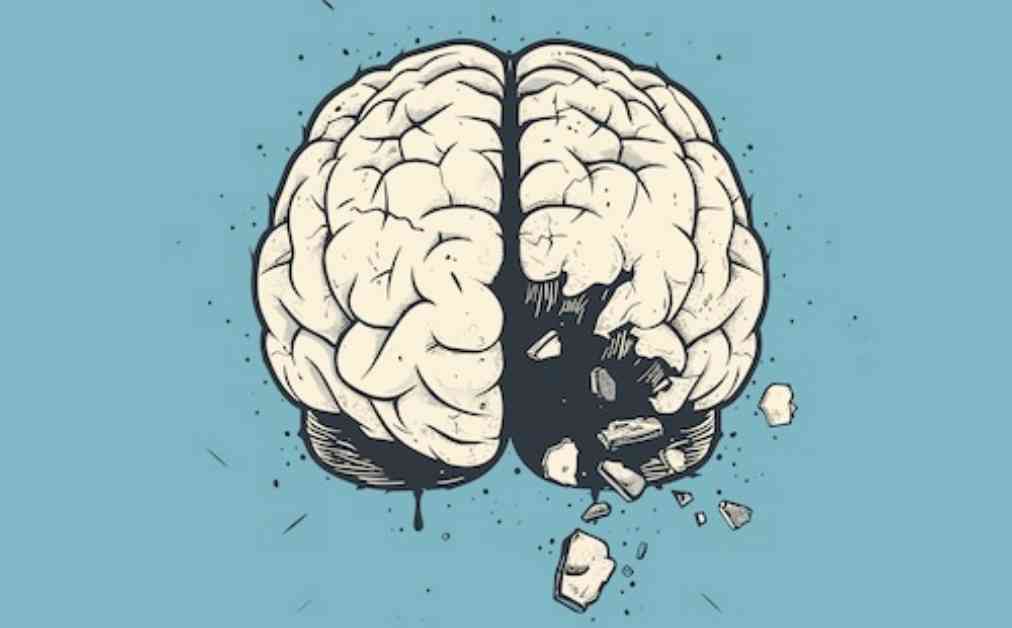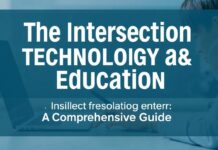In the Baldwin Union Free School District, educational leaders are combatting the rise of “brain rot” by emphasizing media literacy and critical thinking skills among students. Led by Dr. Shari Camhi, the district’s superintendent, educators are working tirelessly to equip students with the tools needed to evaluate digital content with a discerning eye and actively engage in their communities.
Defining “brain rot” as the mental deterioration resulting from overconsumption of trivial or unchallenging material, the district recognizes the importance of teaching students how to differentiate between credible and misleading information sources. In a world where information is readily accessible, the ability to think critically and ask questions is paramount.
Empowering Students Through Media Literacy
The cornerstone of the district’s approach lies in media literacy education and civic engagement. By integrating news and media literacy studies into the ELA and social studies curricula for grades 6-12, students are exposed to a range of skills that enable them to discern fact from fiction and identify misinformation. Additionally, a college-level course titled “College Civics and News Literacy” offers senior students the opportunity to delve deeper into concepts of truth, verification, bias, and fairness.
As Dr. Camhi highlights, the focus is not solely on imparting knowledge but on fostering a culture of inquiry. Students are encouraged to question the sources, authors, and credibility of the information they encounter, instilling in them a healthy skepticism that is essential in navigating the digital landscape. The goal is to equip students with the ability to think critically and ask the right questions, ensuring that they approach information with a discerning eye.
The Intersection of Civics Education and Critical Thinking
In tandem with media literacy, the district’s leaders emphasize the importance of civics education as a complement to critical thinking skills. Viewing civics as an opportunity to cultivate informed and curious citizens, Dr. Camhi underscores the significance of preparing students to navigate the complexities of government and civic engagement. The courses offered in grades 6-12 and the college-level curriculum aim to instill in students a sense of responsibility as active participants in their communities.
By encouraging students to be inquisitive and informed citizens, the district seeks to empower them to make thoughtful decisions and engage meaningfully with the world around them. The ability to differentiate between real and fake information, to think critically, and to ask probing questions are skills that transcend academia and are essential for success in all facets of life.
As Dr. Camhi aptly notes, the goal is not to dictate what students should think but to teach them how to think critically—a skill that is indispensable throughout life. By equipping students with the tools to navigate the digital landscape and evaluate information with discernment, the district is preparing them to be active, engaged citizens who can contribute meaningfully to society.
In conclusion, the efforts of the Baldwin Union Free School District to promote media literacy and critical thinking among students are not only commendable but also essential in today’s digital age. By fostering a culture of inquiry, skepticism, and informed citizenship, the district is shaping the next generation of thinkers and leaders who will navigate the complexities of the modern world with intelligence and discernment.







